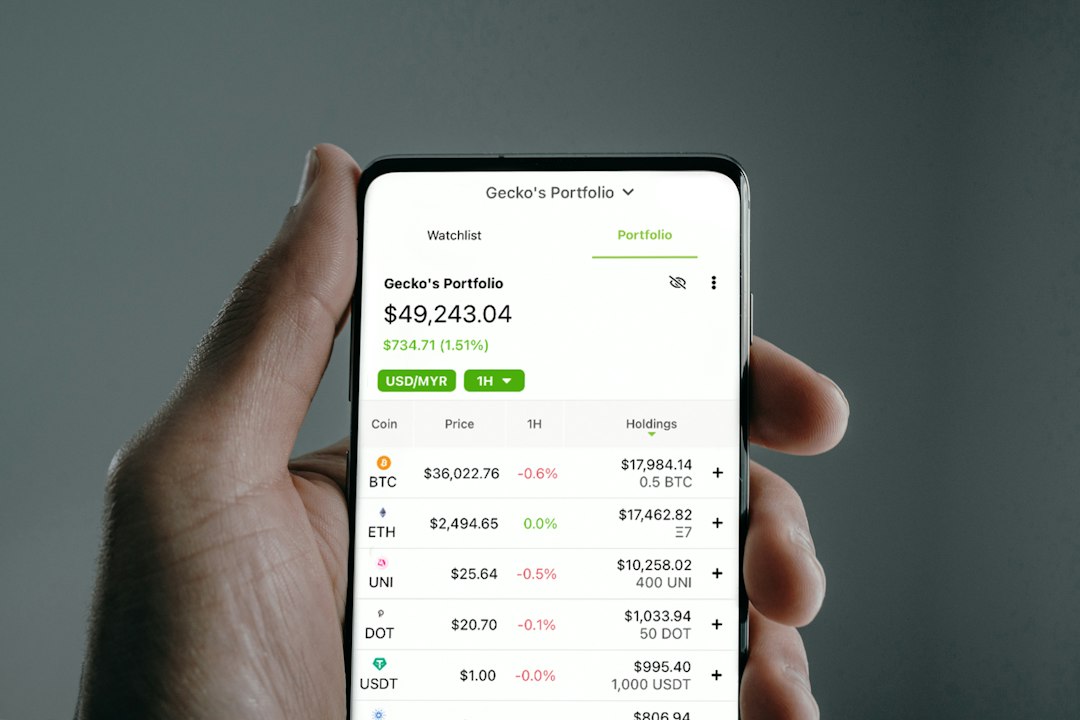Blockchain Technology: Revolutionizing Food and Agricultural Supply Chains
Supply chain management has become increasingly complex in recent years, particularly in the food and agriculture industries. Ensuring the reliable and timely delivery of perishable goods while maintaining their quality has become a significant challenge. As a result, many businesses are turning to blockchain technology to address these issues.
Start with clarity on your objectives
It’s essential to have a clear understanding of the specific pain points in your supply chain that you want to address with blockchain technology. Tailoring the solution to your unique needs ensures scalability and real-world applicability.
Emphasize simplicity
The “seamless principle” and “keep it simple, stupid” approaches are crucial for implementing blockchain solutions in the food and agricultural industry. This combined approach focuses on simplicity, user-friendliness, smooth integration, and a frictionless user experience, all while enhancing transparency, efficiency, and trust in the supply chain.
Prioritize transparency
Transparency is vital for industries with extensive supply chains. Blockchain systems should offer real-time, unchangeable records accessible to all involved parties to foster consumer trust, verify product authenticity, and enhance traceability.
Start with a single, specific process
Begin by identifying a specific process within your supply chain that can benefit from blockchain technology, such as traceability, transparency, food safety, or fraud reduction. Engage with suppliers, distributors, retailers, and other relevant parties to ensure their participation in the implementation.
Take an accessible, inclusive approach
Ensure that all participants in the supply chain have the necessary technological tools and training to actively participate in maintaining a transparent and traceable system. An inclusive, tech-accessible approach is crucial for the integrity and effectiveness of blockchain solutions.
Implement blockchain where independent validation is most beneficial
The value added by blockchain technology lies in its independent validation. By switching to unbiased proofs instead of records that could be falsified, chain of custody and provenance can be traced quickly. Implement blockchain where stakeholders agree that this benefit is necessary.
Understand errors will be made by humans, not the blockchain
In the food and agricultural industry, human errors are inevitable despite the benefits of blockchain technology. Effective communication and understanding among all involved parties are essential as any errors will be human-related rather than due to issues with the blockchain itself.
Know that several years of testing will be required
A successful example of blockchain implementation is the IBM Food Trust project which took several years of testing before its launch. This approach reduces the risk of failure post-launch by ensuring that the solution accurately addresses the problem it was designed for.
Ensure foodways remain intact
When disrupting agricultural industries with blockchain technology, it’s crucial to ensure that digital assets accurately account for the livestock or crops they represent to mitigate potential negative impacts on at-risk populations while revolutionizing supply chains.
Hot Take: Embracing Blockchain for a Sustainable Food Future
Incorporating blockchain technology into food and agricultural supply chains offers numerous benefits such as enhanced transparency, traceability, efficiency, and consumer trust. With careful planning and an inclusive approach involving all relevant parties in the supply chain process, businesses can revolutionize their operations while addressing critical issues such as food safety and sustainability. It’s clear that embracing blockchain technology has the potential to create a more sustainable future for food and agriculture industries worldwide.





 By
By
 By
By
 By
By
 By
By
 By
By
 By
By